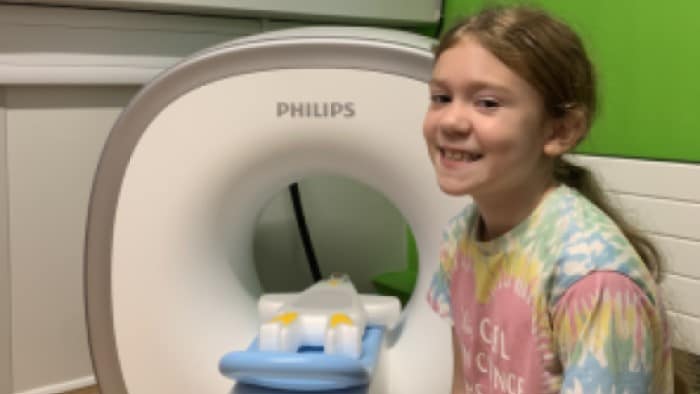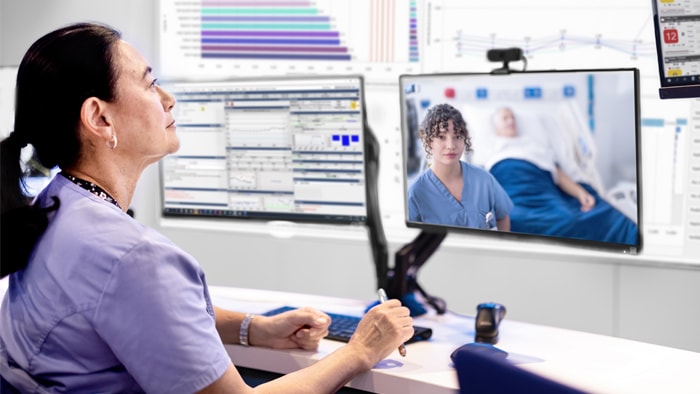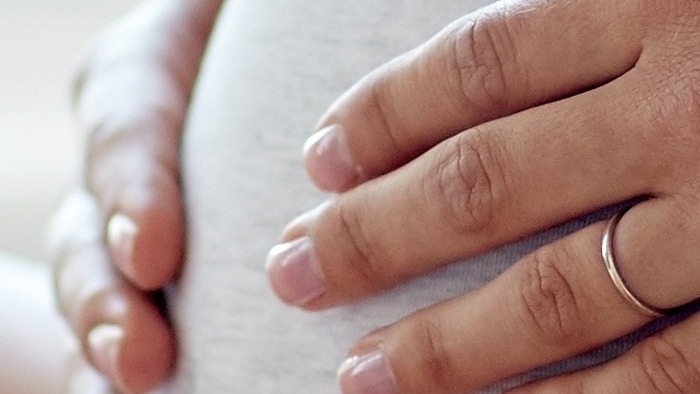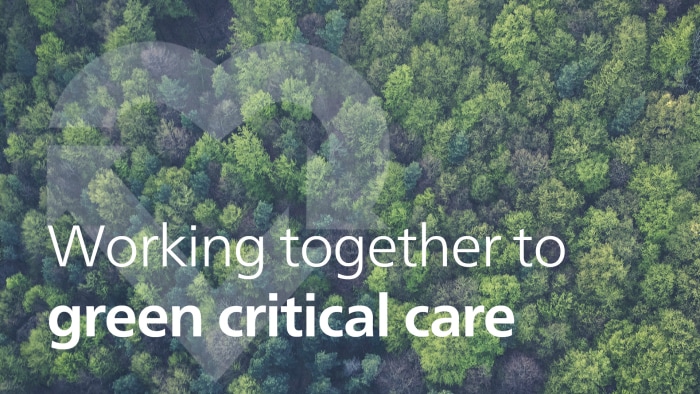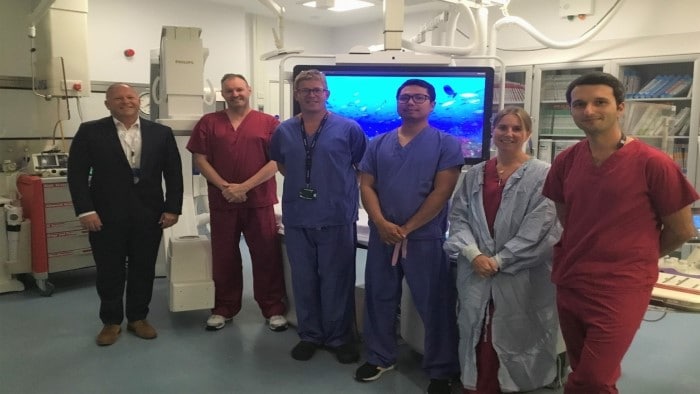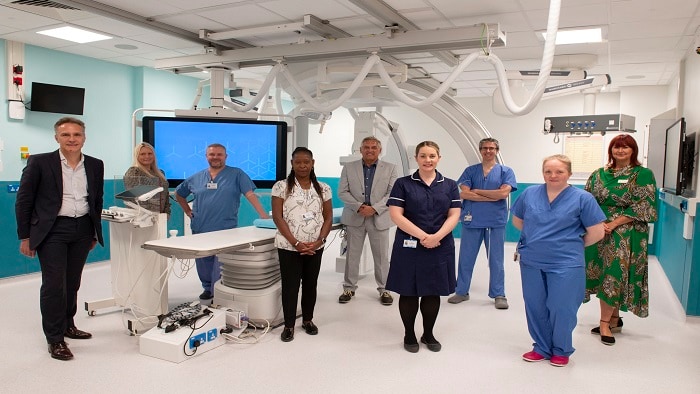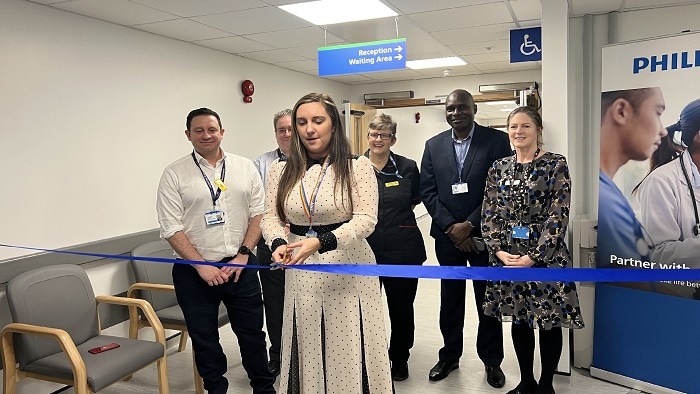Oct 27, 2017
Britain’s nation of unintentional nappers
A potential indicator for a more serious health issue
London, United Kingdom – As the clocks go back this weekend, a new survey reveals that three quarters of Brits (75%) have unintentionally fallen asleep or napped in the daytime, with 16 per cent even admitting to having a snooze in secret. Philips Respironics, a global leader in sleep and respiratory care explores our relationship with sleep to raise awareness of the sleep condition obstructive sleep apnoea (OSA), of which there are over 3.4 million undiagnosed sufferers in the UK[i], which can have both short-term and long-term health consequences if left untreated. Sleep is crucial to our health and wellbeing, yet as a nation we are not getting the recommended seven to nine hours a nightii, as the survey reveals we get on average 6.3 hours sleep a night, and almost a fifth of people (19%) get less than five hours sleep. Unsurprisingly, over a quarter of people (26%) are unhappy with the amount of sleep they get. The benefits of daytime napping are well documented but excess sleepiness is leading some to fall asleep without intending to or even napping in secret. A whopping two thirds of people (66%) have found their partner asleep without intending to, leading to 14 per cent of couples arguing. Most commonly Brits find themselves unknowingly falling asleep when watching TV and the most popular place for a ‘sleep on the sly’ is in a meeting room at work (24%). Troublingly, not enough people are concerned about the potential health risks napping can flag, with only six per cent agreeing they are concerned about their partner’s health. Symptoms of obstructive sleep apnoea include excessive sleepiness during the day, loud and persistent snoring and gasping for air during sleep. The survey shows that a third of people (34%) are disrupted by a partner or family member snoring during the night. After been disrupted by their partner’s sleep, a third (33%) have resorted to kicking or nudging them and almost one in three (30%) have even gone to sleep in a different room. Despite the disruption partners’ experience, there is a worrying lack of concern over health conditions, such as obstructive sleep apnoea, which goes undiagnosed because the symptoms are often overlooked or dismissed. This condition causes the upper airway to become unstable and collapse during sleep with reduced or no airflow. It is associated with many other health conditions and risks such as Type 2 Diabetes and three times greater risk of stroke.iii Lack of sleep can have detrimental effects during the day, as over half of people (52%) admit to being more irritable, almost a quarter (24%) make unhealthy food choices and almost one in five (17%) make mistakes at work. As a result of poor sleep, a fifth of people (19%) suffer morning headaches, wake up with a very sore or dry throat, 17 per cent experience forgetfulness and 11 per cent a decreased interest in sex. These could all be indicators of obstructive sleep apnoea. Tom Kelly, Clinical Services Manager, Philips Respironics says “If you recognise these symptoms in yourself, partner or family member it’s important you go see your GP who will be able to advise on whether you need to be referred to a sleep specialist. Our personalised sleep therapies make it easy for people to rediscover their confidence and freedom and restore the ability to sleep naturally. Our technology and innovations support care at home and connect those suffering from OSA with healthcare professionals. We understand the importance of technology to help patients. Currently only 7 per cent of people have used connected care technology to monitor sleep habitsiv and we’d like to see this increase to support more people.”
| DAYTIME: | NIGHTTIME: |
| | |
| | |
| | |
| | |
Dream Family Suite to Support Improved Therapy Adherence for People Living with Sleep Apnoea The Philips Dream Family is a personalised system designed to help people better manage their sleep apnea. It includes DreamStation, a sleep therapy system; DreamWear, a minimal contact nasal mask; and the DreamMapper app and website, designed to assist people living with sleep apnoea to improve treatment. Karen Danville from Hull was one of the first people to benefit from DreamMapper in the UK, stating; “I check DreamMapper every morning as I wake up to see how much therapy time I have had and how good my mask fit was. It also has some helpful information about sleep apnoea. I would highly recommend this app to all my fellow sleep apnoea sufferers. I love it.” To find out more about sleep and respiratory care please visit https://www.philips.co.uk/healthcare/consumer/sleep-apnea
Methodology
The research was conducted by Censuswide, with 2008 respondents aged 16+ in the UK between 13.09.2017 – 15.09.2017. The survey was conducted from a random sample of UK adults. Censuswide abide by and employ members of the Market Research Society which is based on the ESOMAR principles. iPhilips Global Markets, Analysis and Forecasting iiPhilips Global Markets, Analysis and Forecasting iiiAccording to the National Sleep Foundation guidelines recommendation for adults (26-64) ivGoldstein et al, Guidelines for the Primary Prevention of Stroke. A Guideline for Healthcare Professionals From the American Heart Association/American Stroke, Stroke, Dec 5, 2010 vFuture Health Index 2017 report https://www.futurehealthindex.com/report/2017 When we say, “connected care,” we are talking about technology that enables sharing of information throughout all parts of the health system (doctors, nurses, community nurses, patients, hospitals, specialists, insurers, and government). This technology can take a variety of forms, including, but not limited to: devices that track various health indicators such as heart rate, blood pressure or steps (e.g. wearables such as smart watch/fitness trackers or home health monitoring devices); computer software that allows secure communication between doctors and hospitals; health devices that are internet enabled and transmit data.
About Royal Philips
Royal Philips (NYSE: PHG, AEX: PHIA) is a leading health technology company focused on improving people's health and enabling better outcomes across the health continuum from healthy living and prevention, to diagnosis, treatment and home care. Philips leverages advanced technology and deep clinical and consumer insights to deliver integrated solutions. Headquartered in the Netherlands, the company is a leader in diagnostic imaging, image-guided therapy, patient monitoring and health informatics, as well as in consumer health and home care. Philips' health technology portfolio generated 2016 sales of EUR 17.4 billion and employs approximately 71,000 employees with sales and services in more than 100 countries. News about Philips can be found at www.philips.com/newscenter.

